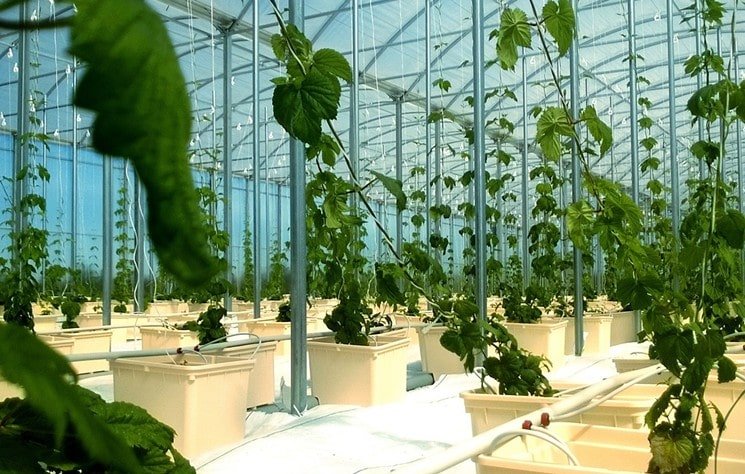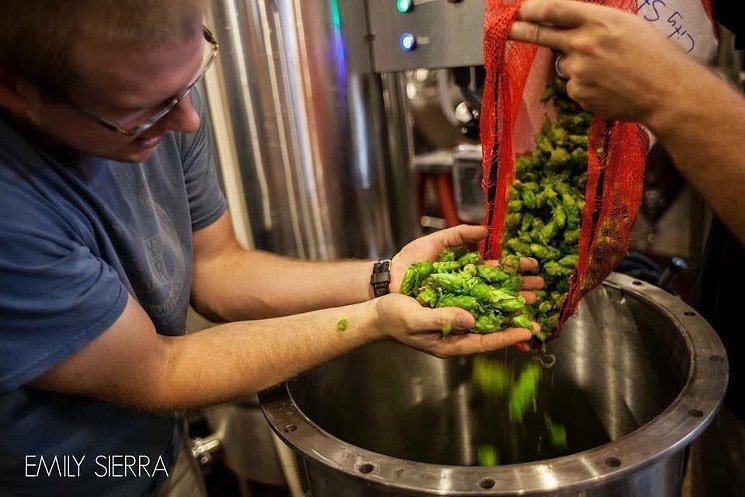“Hops in Colorado, near my hometown, seemed like a perfect fit. A lot of people said hops won't grow indoors,"
Hops are usually grown upward, often 30 feet or higher. They also require an unusual combination of sunshine and space.“But we were able to overcome that. Most hydroponic growing operations are limited to tomatoes, peppers, cucumbers, and things that have been proven to work. I wanted to show that hops could work, too, and that it was economically feasible."

Clark has cultivated a special technique to manipulate the hop plants, making them able to grow at a 45-degree angle. Clark is a long-time scholar of hydroponics and indoor horticulture from earning a degree at the University of Arizona for hydroponic greenhouse cultivation to starting his own commercial growing business. Even though his initial startup costs were most likely higher than traditional hop farms, he can grow more hops in the given space than the traditional route. Not only that, but he can control climate, nutrients, and have more yearly harvests with indoor cultivation. This is a revolutionary step to manufacturing and producing edible goods in an industry plagued with questionable farming practices. With Hydro Hop Farms being in its second year, Clark will be able to harvest five varieties of hops from over 2,000 plants that are strategically laid out into about 1/10th of an acre inside his grow area.
“They are in this perfect environment and in perfect growing conditions, and they have the perfect oil content,” says John Way of City Star. “We are looking forward to doing at least one more fresh hop beer before the season is over.”
Clark is hoping to sell the rest of his hops to other local brewers for their fresh-hopped beers, and he has several who are interested. “Demand is outweighing supply this year,” he says. “But we don't want to grow so much that we instantly flood the market with our hops. We still need to tweak some things to make sure that the quality is good consistently. But we'll probably add a new greenhouse, or maybe two, by the end of the season next year.”

